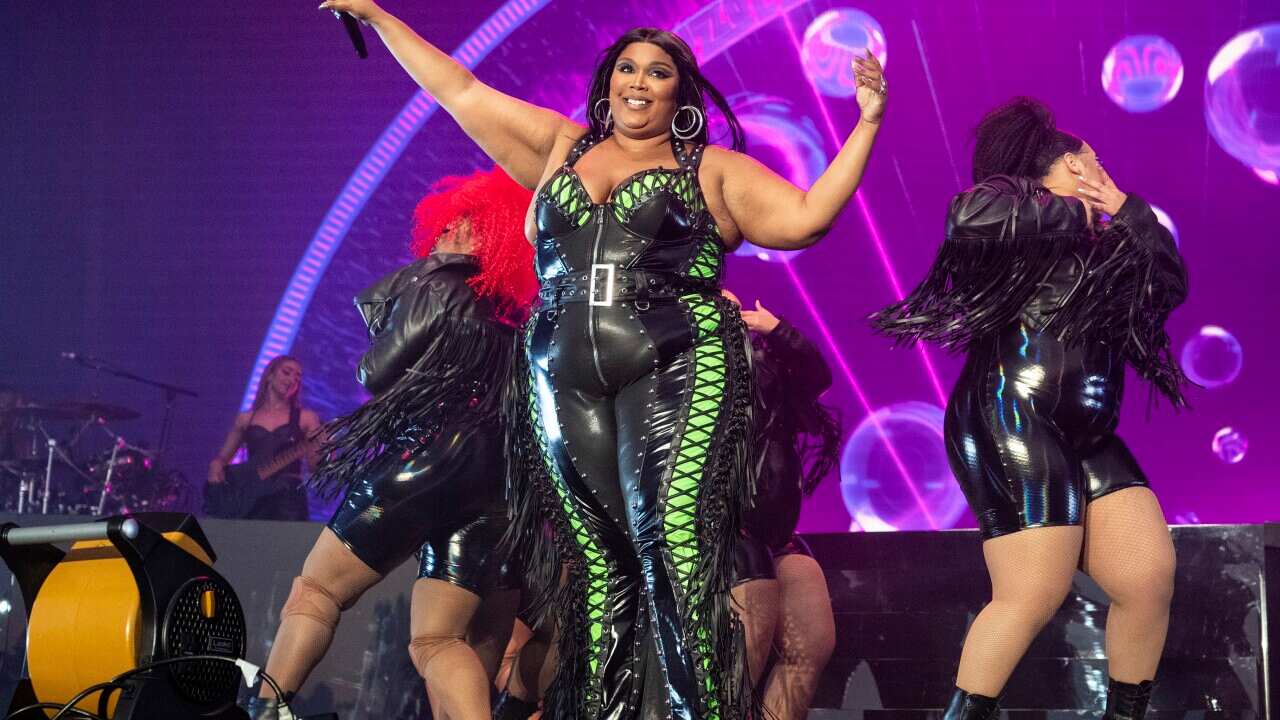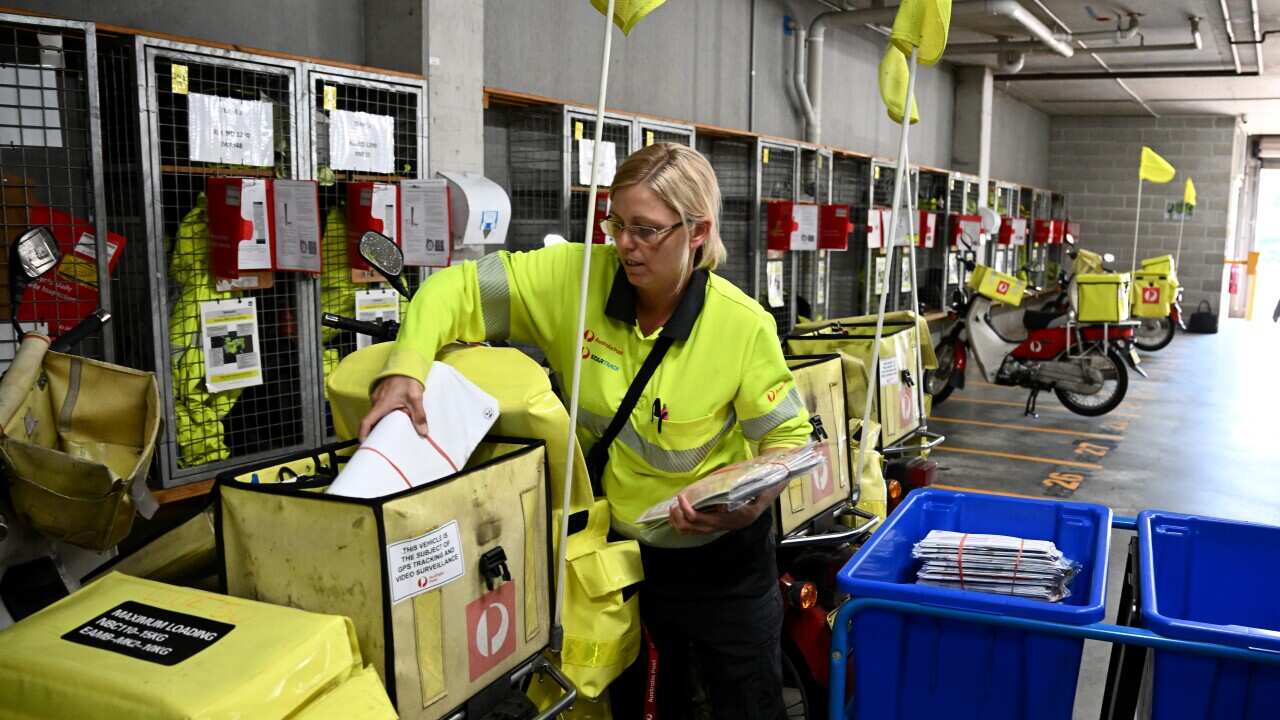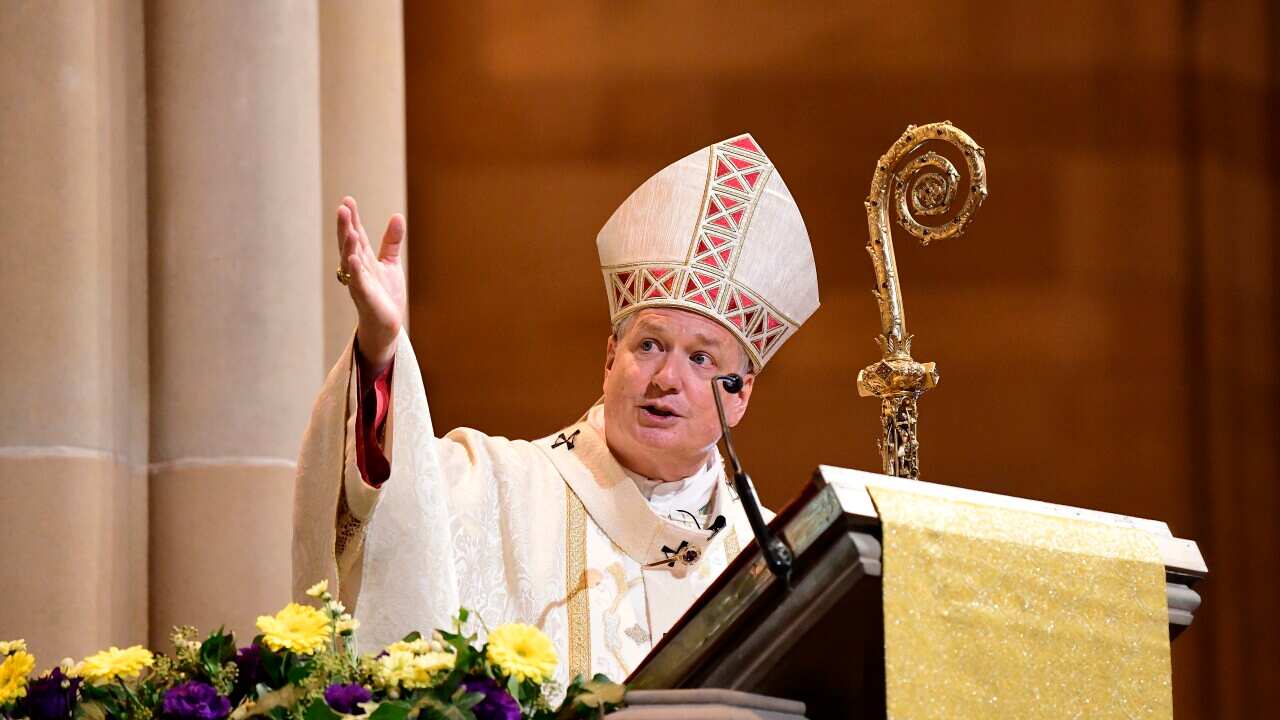Some market watchers have been calling or predicting a house price crash for more than 50 years and so far, it hasn't happened.
The latest is former strategy consultant and macroeconomic researcher Lindsay David.
He's warning a housing bubble is being fueled by the availability of too much credit.
Others are calling his comments scaremongering.
Ricardo Goncalves reports.
LF Economist, Linsday David is warning Australia's property market is sailing into unchartered territory.
"When credit fuelled housing bubbles burst - they are the economic equivalent of an atmoic bomb. It is a disaster - you just have to look at Ireland, Spain, Japan, the United States, they all end in disaster, there is no such thing as a soft landing."
Lindsay David says it's inevitable because we're being allowed to borrow too much money.
He's outlook on the Australian economy is fairly poor and says there's too many investors inflating prices with rents not keeping pace.
"We have 1.2 million negatively geared property investors so in places like Victoria where we have a chronic oversupply of housing, it doesn't matter how much you build, as long as there's this mass load of credit entering the market place to property investors, there's just going to keep on buying."
He warns banks will eventually stop lending to borrowers, like in the U-S and Ireland nearly a decade ago, bursting the bubble.
"Historically economic history tell us that when a credit fuelled housing bubble bursts - when the banks are either unable or unwilling to lend to homebuyers or homebuyers walk away from the market you will see how prices start to revert back to the long term medians. Across Australian that could be a fall of roughly 50 per cent - and even more in some cases like Melbourne and Perth."
Housing Industry Association Chief Economist Harley Dale says its scaremongering.
"I don't think scaremongering headline seeking rhetoric is particularly helpful to the overall debate of conversation about housing prices there is certainly no indication out that there that we've got some kind of impending crash coming upon us in the housing market."
While he conceeds more money is being lent, Australia's financial institutions are doing their checks and tests.
"I think we need to have a little trust and faith here in a very strong prdential system that we have here in Australia, we kind of implicitly say that all of a sudden say that system is going to go out the window when we talk about very sharp contractions in property prices that are debt fulled. Certainly I think we need to keep an eye on Sydney in particular."
House price growth is moderating though, with the bueau of statistics revealing average capital city prices rose by 1.6 per cent in the March Quarter.
Darwin and Perth were the only capitals to record declines, while Sydney continued to see the bulk of the gains.
"And markets do correct and you do get a slowing in the rate of growth of property prices in Sydney and they will bottom out in time and i think its appropriate that people in Sydney are cognisent that we are getting to a mature stage in the property price cycle."
It comes as the New South Wales government delivered a record 2.1 billion dollar budget surplus, much of that driven by a record 7.3 billion dollars in stamp duty.
The federal government's home ownership inquiry begins in Canberra on Friday.









